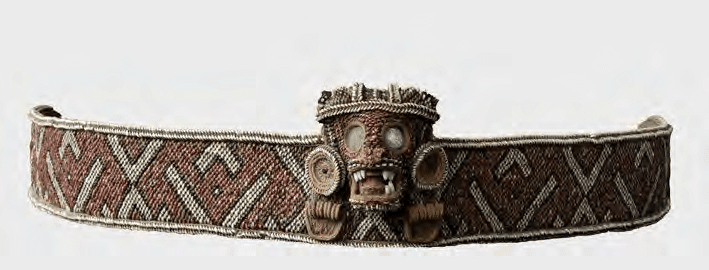Although it is probably useless, particularly when using Gedmatch's feature of autosomal 1 to 1 comparison, we nevertheless found several kits associated with South American indigenous people to compare ourselves with. As studies by actual experts have shown, the indigenous ancestry in the Spanish Caribbean is indeed linked to South America, particularly with Amazonian groups and, likely, the spread the Arawakan languages deep in antiquity. In our case, our closest match, however, was with someone labeled Colombian Male 1. We shared 7.9 cM. We assume this person, whose kit is associated with a Native American DNA account, is possibly from the Colombian Amazon. Our next closest match was with a Ticuna sample at 6.5 shared cM (at low SNP density, however). The Ticuna, an Amazonian group, so the distant shared DNA match makes some sense. However, we overlapped on the fifth chromosome, where most of our "Amerindian" ancestry was registed as Indigenous Peru & Bolivia. Next was the kit called First Lokono, at 6.4 cM shared. The Lokono, who speak an Arawakan language and live in northeastern South America, so the match is not too unsurprising. We assume they or other coastal northern South Americans were also in some degree of periodic contact with the indigenous people of the Caribbean, too.
Another match was with a kit associated with Colombian Female, also of indigenous descent. We only shared 4.5 cM. This was followed by the distant match with Wayuu A, at 4.1 cM, on our 2nd chromosome (where our indigenous ancestry is entirely Caribbean, according to Ancestry DNA. The Wayuu, who also live in northern South America, also speak an Arawakan language. Our penultimate match was with Second Lokono at 3.8 shared cM. Last, but certainly not least, we shared 3.5 cM with a Surui sample, on the 2nd chromosome (associated with our Indigenous Caribbean ancestry). The Surui, an Amazonian group, also appear in Illustrative DNA when trying to model our ancestry using modern populations. In this case, the Surui and sometimes Peruvian Ashaninka are used as proxies to model our South American indigenous ancestry. Of course, all of this Gedmatch matching with kits of various South American indigenous peoples is not the most sophisticated approach. Nonetheless, reading studies by specialists who do see commonalities with these aforementioned South American groups and the indigenous peoples of the Caribbean tells us that it isn't entirely noise or false.

No comments:
Post a Comment